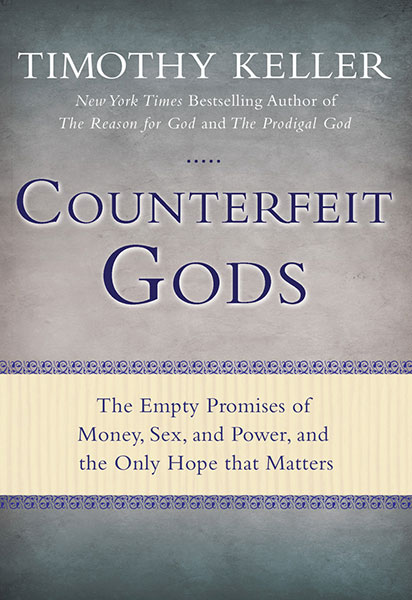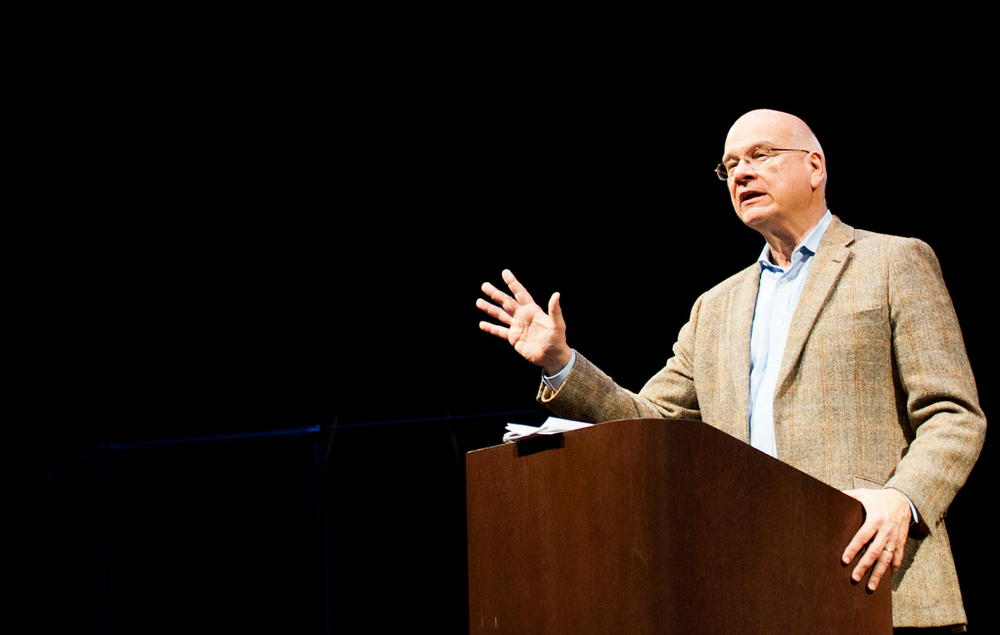As many of you know, this year I’ve committed to reading/listening to as much of Timothy J. Keller as possible (click here to learn more about the books I’m reading/listening to and why).
I likely won’t do this for every Keller book I read/listen to, but Counterfeit Gods: The Empty Promises of Money, Sex, and Power, and the Only Hope that Matters was so incredibly rich, that for personal learning purposes, I wanted to revisit the book and pull out the quotes that punched me in the face. On a few of them, I’ll add some commentary.
[Read more…] about Top Quotes on Counterfeit Gods by Timothy Keller




